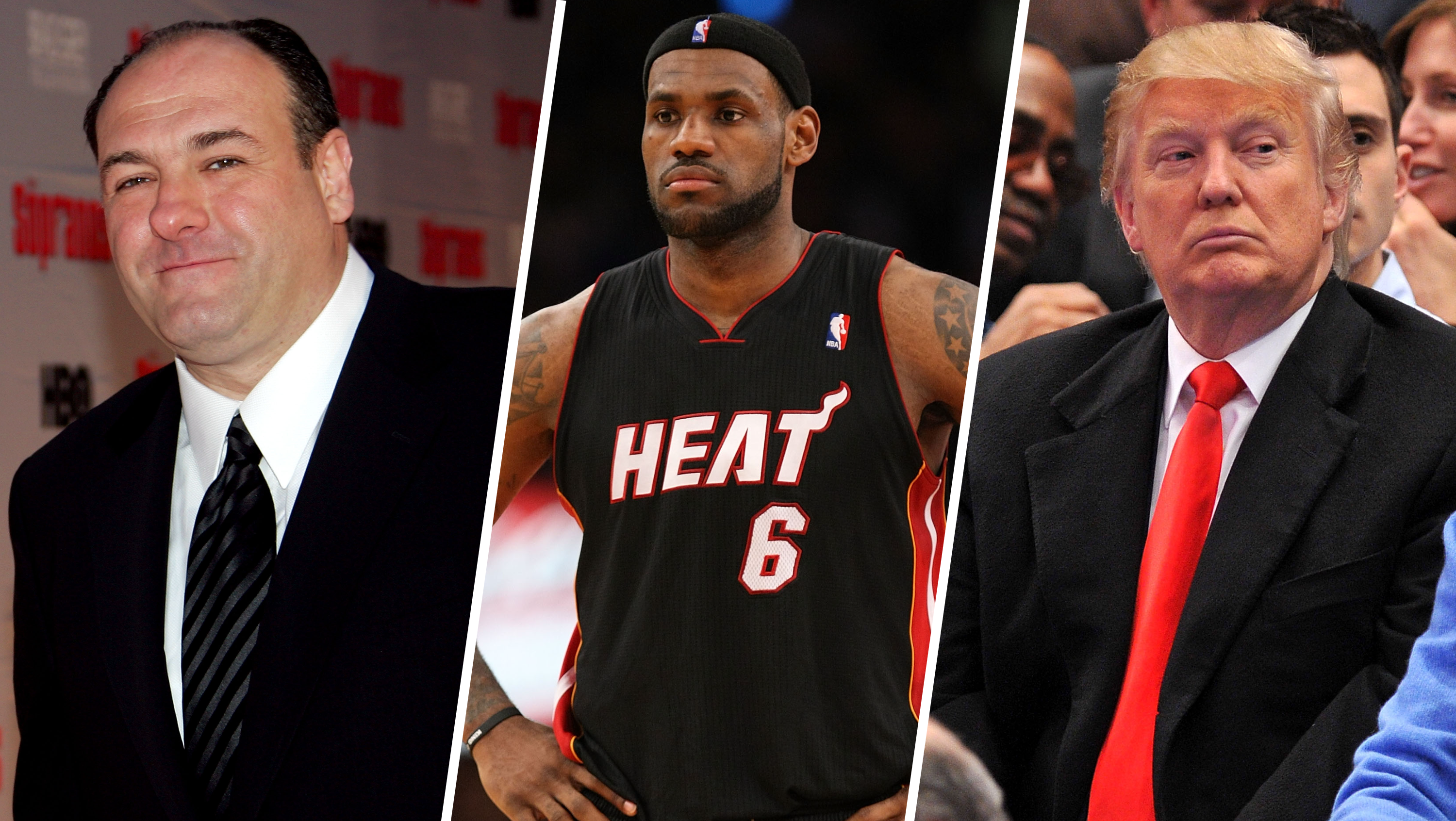The Sochi games are the first Olympics worldwide where more hours of video are available online than on television, rapidly transforming the way people experience the event.
NBC said Wednesday that more than 30 million people in the United States have visited its Olympics websites, up 54 percent from Vancouver in 2010. NBC is streaming all of the Olympic competition live online, along with other offerings like the "Gold Zone" show that rapidly sends viewers to different venues.
Building on a trend first noticed during the London summer games two years ago, NBC is finding all of the extra content helps instead of hurts its prime-time broadcast.
"The more devices people use to view the Olympics on, the more they watch," said Alan Wurtzel, NBC's top researcher. "A rising tide lifts all boats."
PRIME TIME
For the opening ceremony and first four nights of competition, NBC averaged 25.9 million viewers in the U.S., a level that NBC Sports Group Chairman Mark Lazarus said has "exceeded our expectations." That compares to 26.4 million in Vancouver, where the time zone enabled NBC to air many events live. In Italy in 2006, viewership for the first four nights was 21.6 million. The same trend that helps Super Bowl, Grammy and Golden Globe ratings is at play: popular events that drive social media conversation are doing well. "Viewers want event programming, and there's no bigger event every two years than the Olympics," Lazarus said.
WORLDWIDE
More hours are being broadcast globally from Sochi (more than 88,000) than for any other Winter Olympics, the International Olympic Committee said. There were 57,000 hours of winter competition aired from Vancouver, across all platforms. Sochi competition is being seen on more than 300 TV stations worldwide, up from 215 in Vancouver, the IOC said. With no international agency that tracks viewership like the Nielsen company in the United States, the IOC has only anecdotal knowledge of viewing patterns. For example, an estimated 10.9 million people watched speedskating live Monday in South Korea, more than any other event during the last three winter games.
TWEETS
Twitter said one million tweets mentioned "Olympics" or "#Olympics" during the Vancouver games four years ago. This year, there have been more than two million tweets with either of those citations already. American snowboarder Jamie Anderson had 12,999 followers on Feb. 6, and 41,745 followers six days later. During the same period, Twitter said snowboarder Sage Kotsenburg increased his followers from 10,456 to 60,550. Kotsenburg and Anderson won gold medals in men's and women's slopestyle snowboarding over the weekend.
U.S. & World
MULTI-DEVICES
NBC polled a panel of 300 Olympics viewers and found that about two-thirds who watched on TV also followed the games on some other device, most commonly a smartphone. Fully one-quarter of those consumers said they are following the games on a device they've never used for that purpose before.
SPOILERS
The idea of people purposely avoiding knowledge of Olympic results so they can be surprised by the tape-delayed broadcast is rapidly becoming a thing of the past. Nearly 600,000 people watched Shaun White's halfpipe runs online Tuesday afternoon, NBC said. Wurtzel said that only 15 percent of Olympics viewers said that knowing the results made them less interested in the prime-time broadcast, and there's evidence that many people who watch online come back to see how it looks on TV later that night. "It's still an event, whether you know the results or not," said Brad Adgate, an analyst from Horizon Media.
CURLING: More than 1.2 million people watched matches on CNBC Monday. "Curling is almost unstoppable," Lazarus said.
DIGITAL: Besides the "Gold Zone," a daily ice skating show with Olympic gold medal winner Sarah Hughes is a popular offering online for NBC. The network has also highlighted particularly interesting video clips, the type that might not be shown on television, like the Russian police choir singing "Get Lucky" or a coach's act of sportsmanship in replacing a competitor's broken ski. More than two million people have checked out a clip where a Russian speedskater unzips her uniform after her race, only quickly to zip it up again when she realizes she's wearing nothing underneath, NBC said.
"We love television," Wurtzel said. "But the future is not just about television. It's about television complemented with all of the other platforms that we have."



